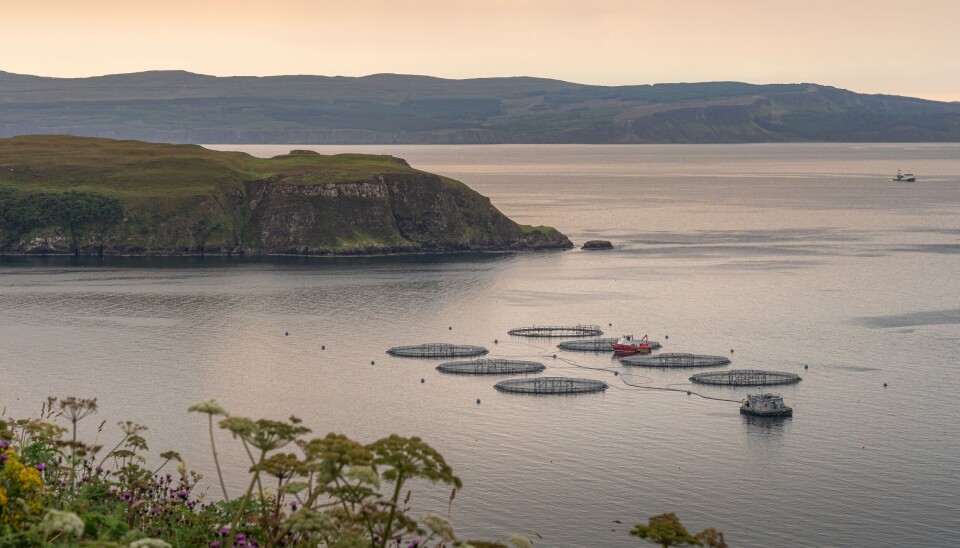
Seal deterrents and upcycling backed in new SAIC funding round
Focus also kept on gill health and algal blooms as Innovation Centre gives £580,000 towards projects worth £2.5m
The Sustainable Aquaculture Innovation Centre (SAIC) has announced a total of £580,000 to support six innovation projects.
One aims to help farmers manage the threat of seal predation, without harming seals or other marine mammals, and another will explore upcycling aquaculture co-products, supporting the drive to net zero and involving species of different trophic levels.
Four projects already under way will receive additional support to move to the next stage and reach their full potential. These cover key areas relating to fish health and wellbeing, including harmful algal blooms (HABs), gill health and performance, freshwater salmonid production, and predictive modelling of fish farming’s impact on the benthic environment.
The six projects are together valued at £2.5 million, with additional support from businesses and organisations across the sector, including the Scottish Environment Protection Agency (SEPA).
100 projects
The latest grants bring the total number of research and development initiatives that Scottish Government-backed SAIC has funded to 100. SAIC said the projects build on its work to date which has seen £9.3m of investment turned into sector-critical research with a combined value of nearly £71m. Each project has supported its priority innovation areas of improving the sector’s environmental impact, enhancing fish health, and unlocking additional capacity in Scottish aquaculture.

Reaching the 100-project milestone demonstrates our commitment to positioning Scotland as a world leader in sustainable aquaculture innovation
SAIC chief executive Heather Jones
SAIC chief executive Heather Jones said: “Reaching the 100-project milestone demonstrates our commitment to positioning Scotland as a world leader in sustainable aquaculture innovation.
“The work we have funded has delivered new products and processes, enhanced fish health and wellbeing and supported the development of new companies across Scotland and beyond.
“Continuing to support innovation projects that elevate the role of aquaculture in the circular economy while reducing its environmental footprint will be crucial for the future development of the sector. By connecting universities with sector needs, we will help to deliver economic value for Scotland and ensure aquaculture becomes a key contributor to achieving national Net Zero targets.”
Seal deterrents
SAIC-supported projects include a previous £131,500 seal predation study carried out by Dundee technology innovator Ace Aquatec, St Andrews University, and salmon producer Scottish Sea Farms. The study tested low-frequency acoustic systems designed to deter seals from fish farms.
SAIC said the project said provided evidence that there is no negative impact on non-target marine species – like porpoises – when the tested equipment was used.
The research is intended to facilitate the grant of EPS (European protected species) licences across Scottish fish farm sites for the environmentally responsible seal predation mitigation systems.
In 2020, 516,443 fish with a market value of more than £12m were killed directly in seal attacks on Scottish salmon farms, with many hundreds of thousands more so stressed they died later, according to sector trade body Salmon Scotland.
Farmers are no longer using first-generation “always on” acoustic systems which have the potential to cause harm to marine mammals.























































